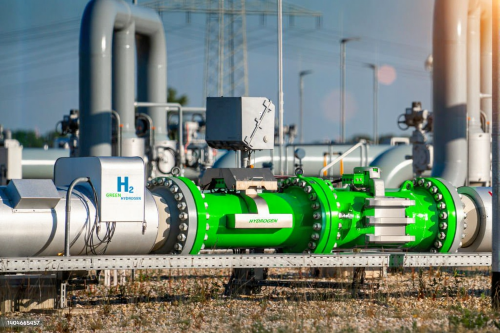Mining, Labour, Waste Batteries, and the Sustainability Gaps We Rarely Discuss
By Canon Otto Convener, Global Sustainability Summit, Founder, CleanCyclers Contributor, SustainabilityUnscripted
Electric vehicles are often presented as the moral endpoint of climate responsibility.
Drive electric. Cut emissions. Save the planet.
The narrative is simple, compelling—and dangerously incomplete.
As the global transition accelerates, it…












